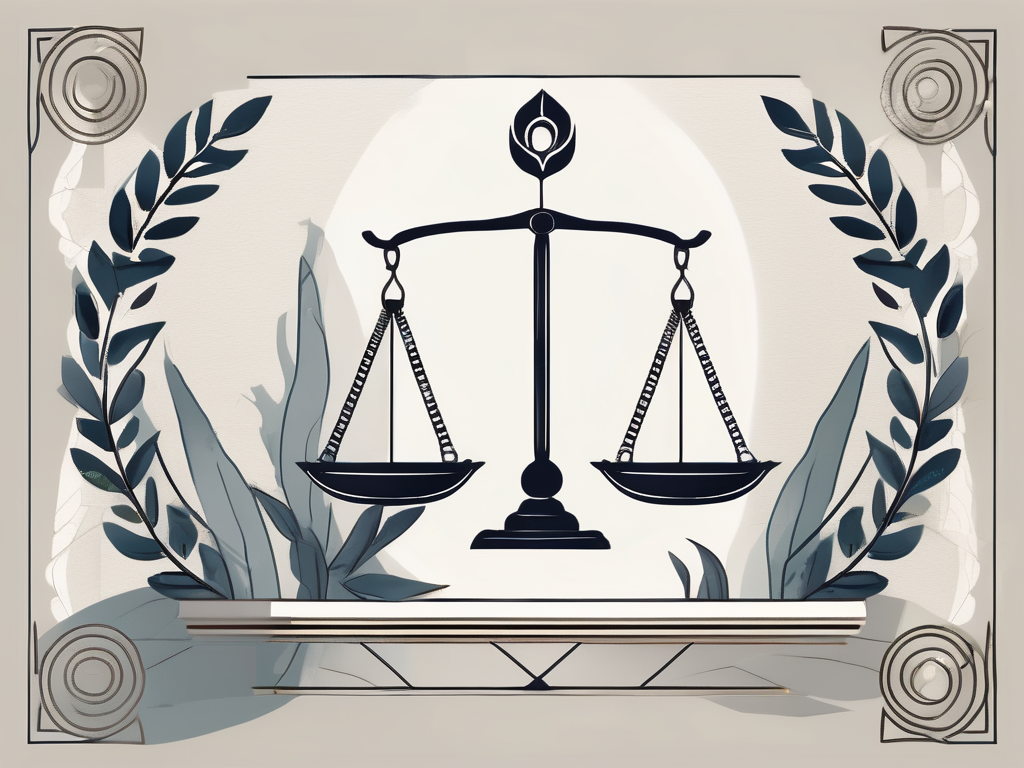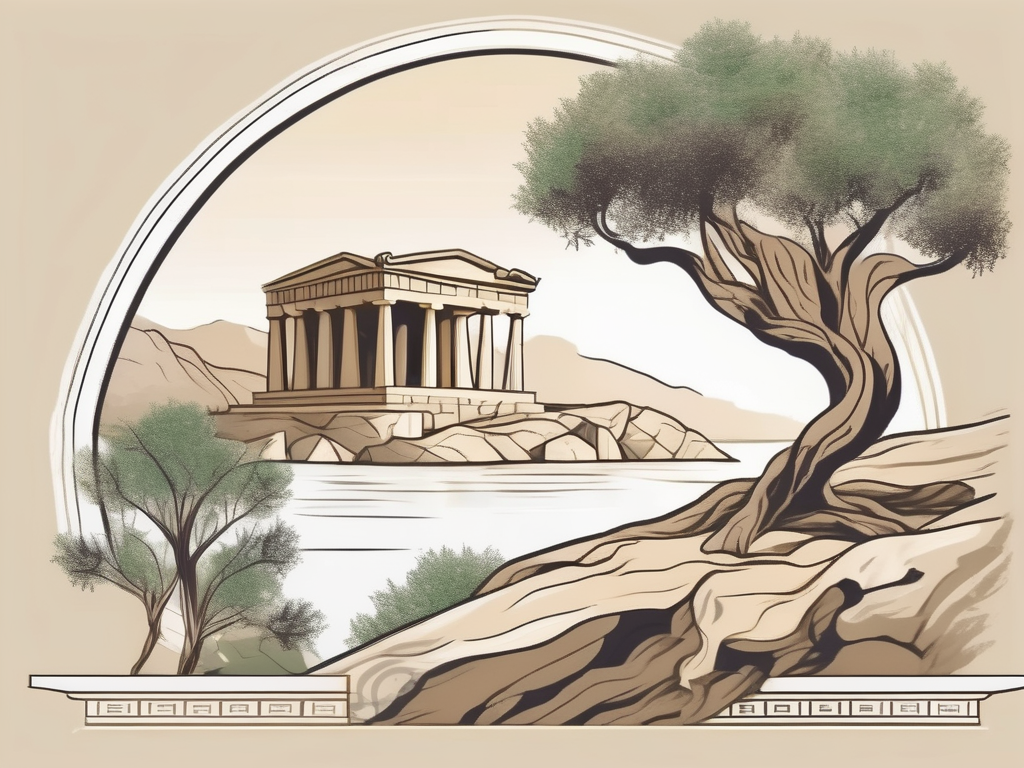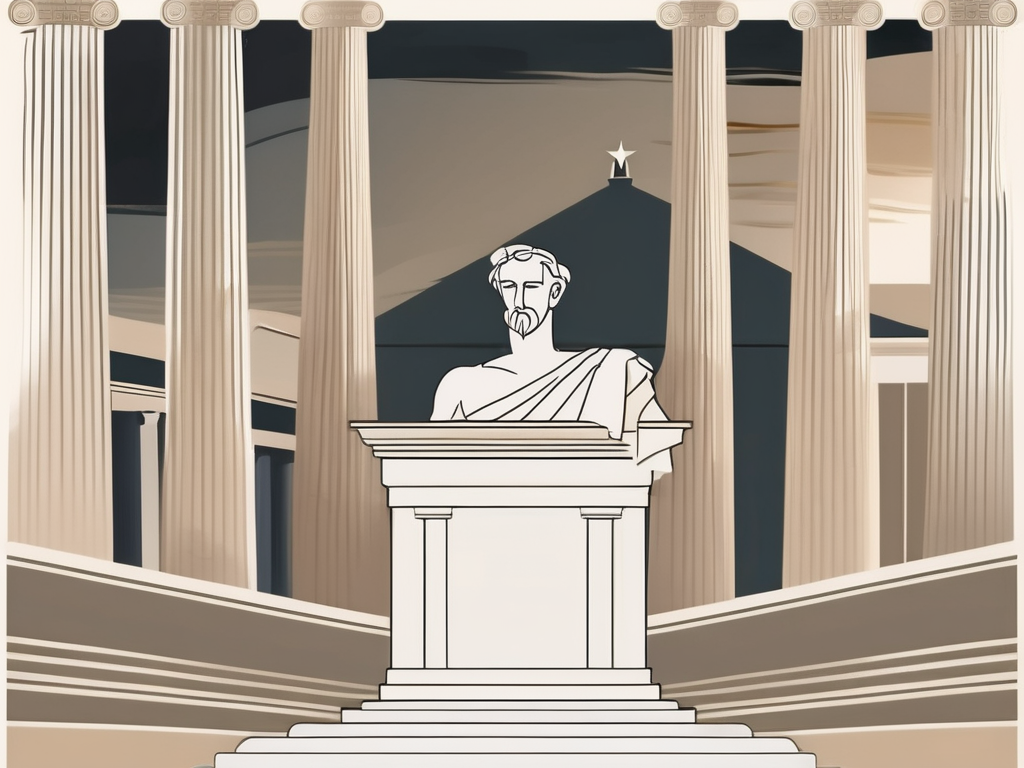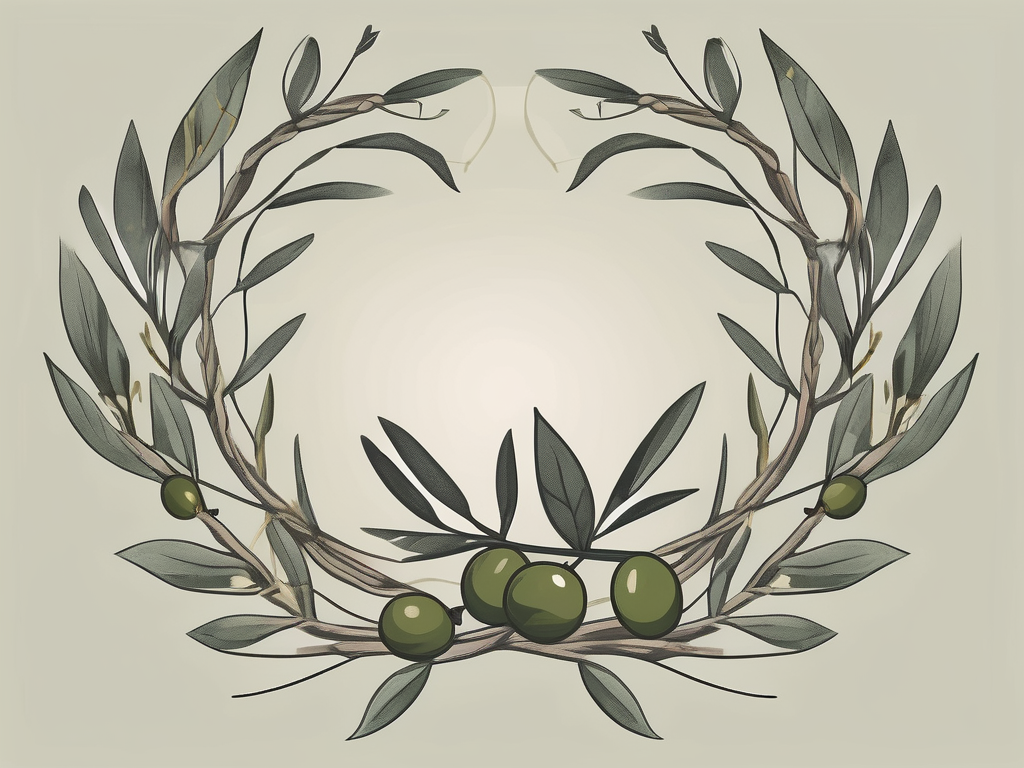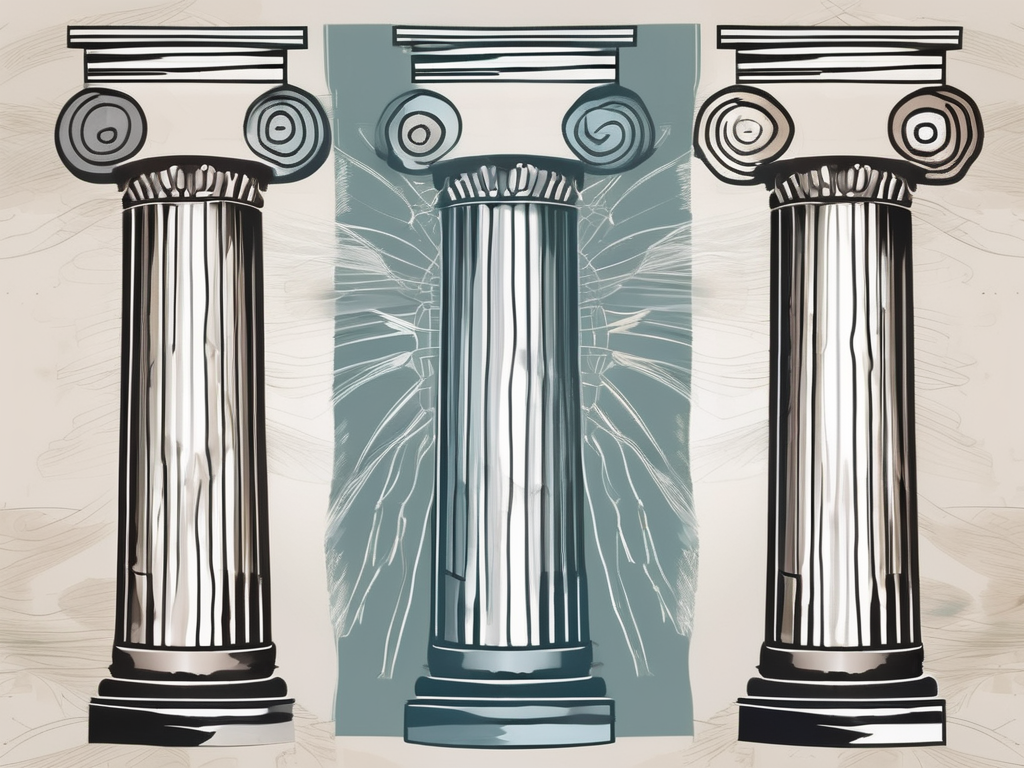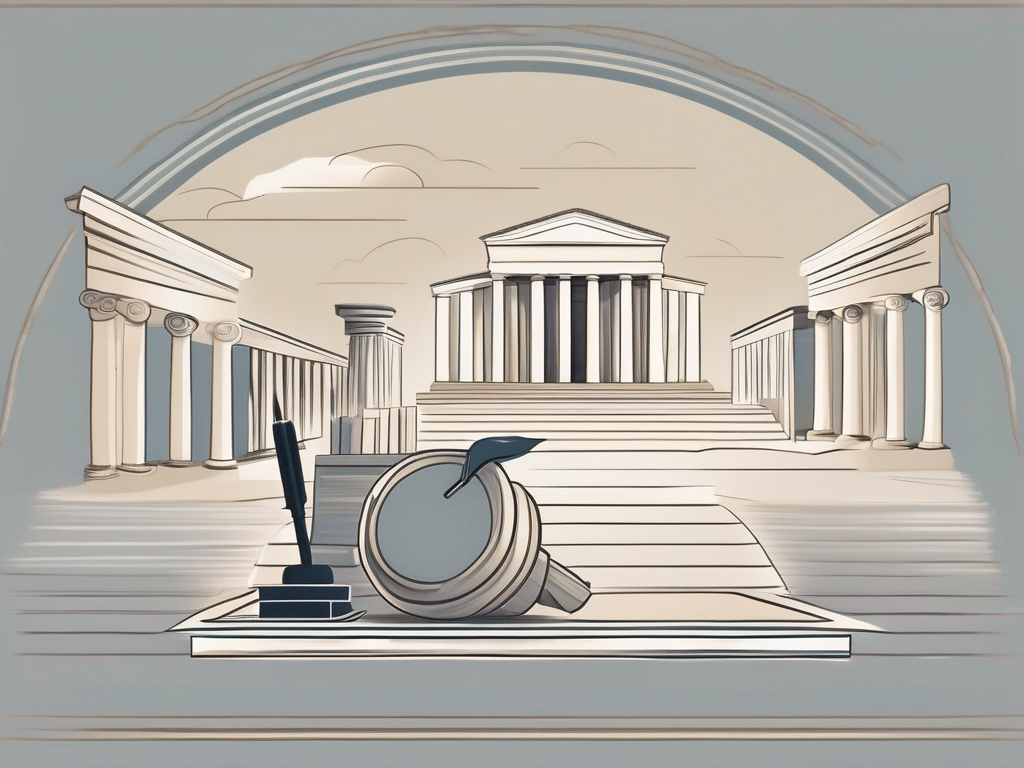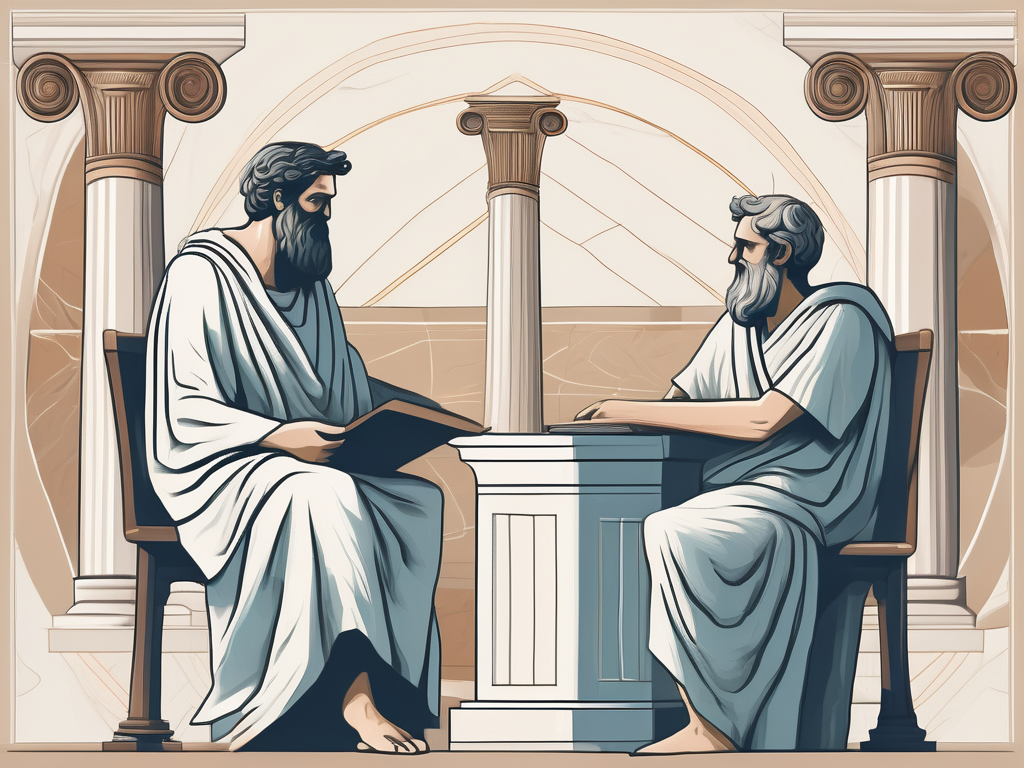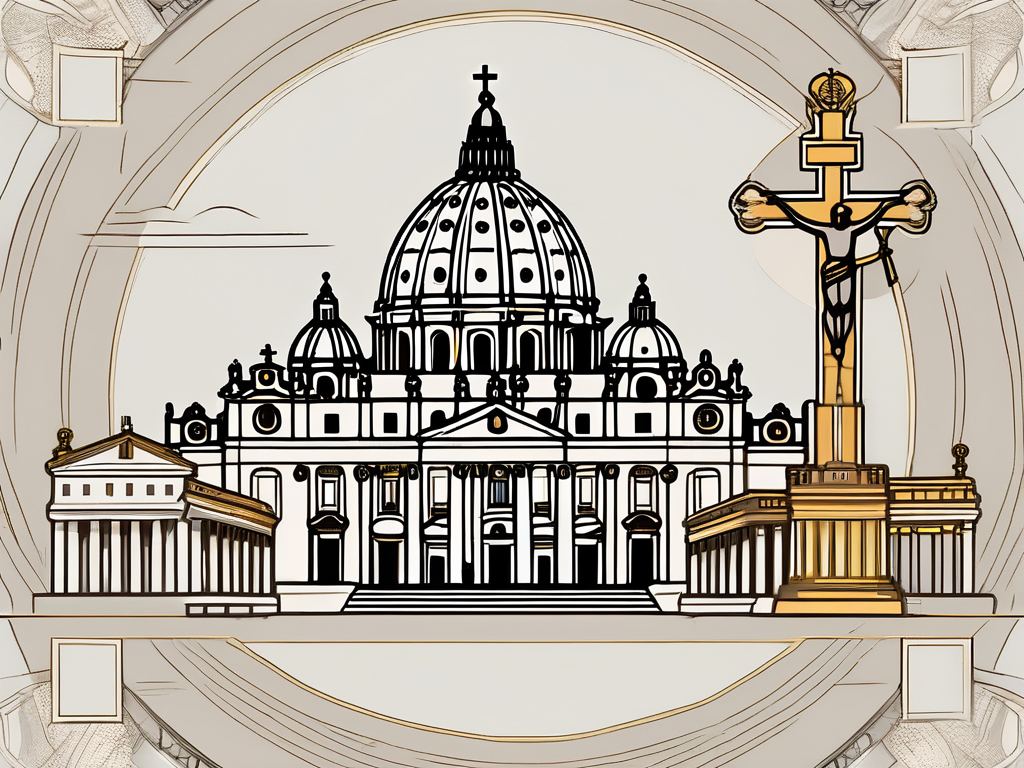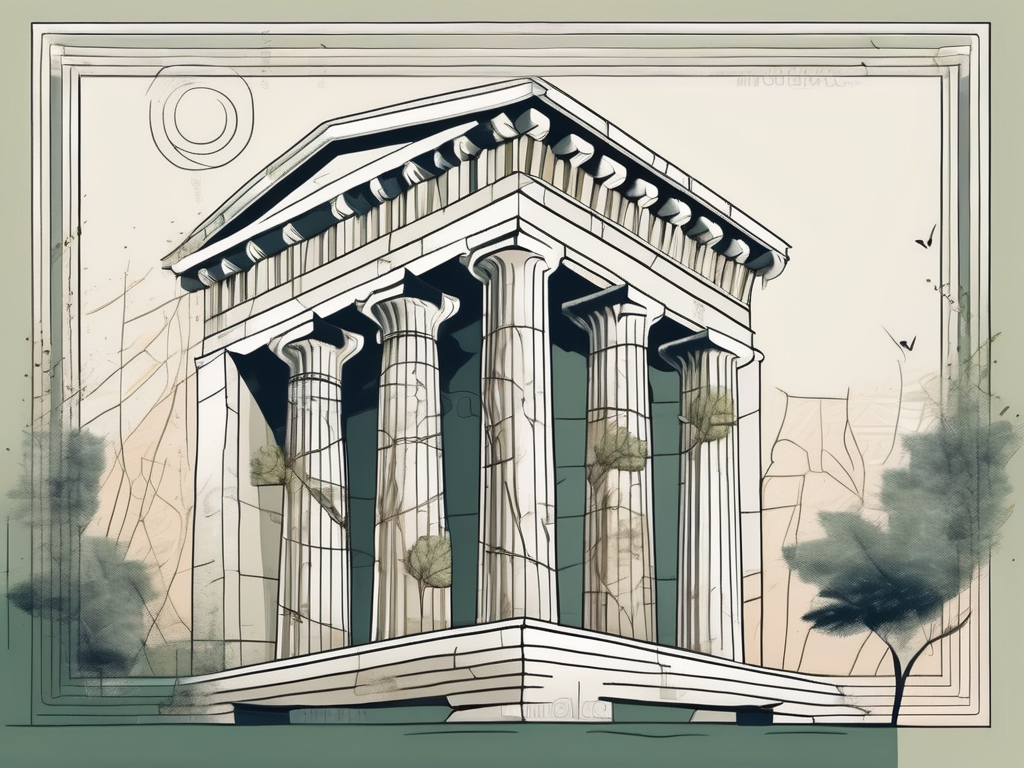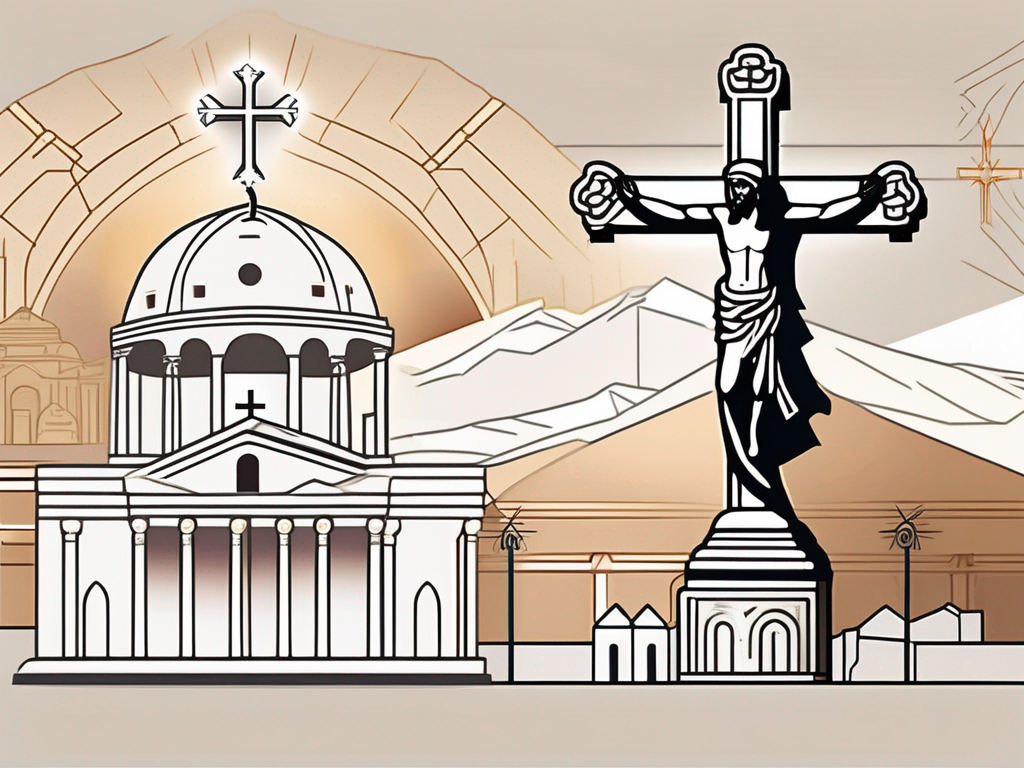Aristotle, the ancient Greek philosopher, is known for his profound insights and teachings. His words have the power to challenge our thinking and reshape our perspective on life. In this article, we will explore some of Aristotle’s most inspiring quotes that have the potential to transform the way we see the world.
Understanding Aristotle’s Philosophy
Aristotle’s philosophy encompasses a wide range of topics, from ethics to metaphysics. To fully appreciate his quotes, it’s important to grasp the core principles of his teachings.
Aristotle, one of the greatest philosophers in history, was a student of Plato and a teacher of Alexander the Great. His ideas have shaped Western thought and continue to be studied and debated by scholars around the world.
The Core Principles of Aristotle’s Teachings
At the heart of Aristotle’s philosophy is the concept of eudaimonia, often translated as “flourishing” or “living well.” According to Aristotle, the ultimate goal of every human being is to live a virtuous and fulfilling life.
Eudaimonia, for Aristotle, is not a fleeting feeling of happiness but a state of being that encompasses the overall well-being and fulfillment of an individual. It is the result of leading a life guided by reason and virtue.
Aristotle believed that virtue could be cultivated through the pursuit of knowledge and the development of good habits. He emphasized the importance of finding a balance between extremes and embracing moderation in all aspects of life.
For Aristotle, happiness was not merely the result of external circumstances but rather an internal state of being. It was the product of leading a virtuous life and fulfilling one’s potential as a rational being.
One of Aristotle’s most famous ethical concepts is the doctrine of the mean, which suggests that virtue lies between two vices. For example, courage is the mean between recklessness and cowardice, and generosity is the mean between extravagance and stinginess.
Aristotle’s Influence on Modern Thought
Aristotle’s ideas have had a profound impact on modern thought, shaping various disciplines such as ethics, politics, and psychology. Many of his insights have stood the test of time and continue to be relevant in today’s world.
His emphasis on reason and critical thinking laid the foundation for the scientific method, revolutionizing the way we approach knowledge and inquiry. Aristotle’s thoughts on ethics also influenced the development of moral theories that remain influential to this day.
In the field of politics, Aristotle’s work “Politics” provides a comprehensive analysis of different forms of government and their strengths and weaknesses. His ideas on democracy, constitutional government, and the rule of law have influenced political thinkers throughout history.
Aristotle’s contributions to psychology are also noteworthy. He explored topics such as perception, memory, and emotions, laying the groundwork for the study of cognitive processes and the understanding of human behavior.
By familiarizing ourselves with Aristotle’s teachings, we can gain a deeper understanding of the world and our place in it. His philosophy encourages us to reflect on our actions, cultivate virtues, and strive for a life of meaning and fulfillment.
The Power of Perspective
Perspective plays a crucial role in our perception of reality and the way we navigate through life. It is through the lens of perspective that we interpret and understand the world around us. Aristotle’s quotes shed light on the transformative power of perspective and how it can shape our experiences.
One of Aristotle’s famous quotes is, “It is the mark of an educated mind to be able to entertain a thought without accepting it.” This quote reminds us of the importance of open-mindedness and intellectual curiosity. It encourages us to explore different viewpoints and consider ideas that may challenge our own beliefs.
By embracing different perspectives and challenging our own beliefs, we can broaden our horizons and gain a deeper understanding of the world around us. It is through this process that personal growth and transformation occur. When we are open to new ideas and willing to question our own assumptions, we create opportunities for learning and development.
How Aristotle’s Quotes Can Shift Your Viewpoint
Aristotle’s wisdom extends beyond the realm of philosophy and can be applied to our everyday lives. His quote, “It is the mark of an educated mind to be able to entertain a thought without accepting it,” encourages us to approach situations with an open mind and consider alternative perspectives.
When we are willing to entertain thoughts and ideas that differ from our own, we expand our understanding of the world and challenge our preconceived notions. This ability to see things from different angles allows us to make more informed decisions and engage in meaningful conversations with others.
By adopting Aristotle’s mindset, we can cultivate empathy and understanding for others. We become more aware of the diverse experiences and perspectives that exist in the world, fostering a sense of unity and connection.
The Role of Perspective in Personal Growth
Aristotle believed that personal growth and self-improvement could only be achieved through self-reflection and the examination of one’s values and actions. He stated, “Knowing yourself is the beginning of all wisdom.”
Self-awareness is a fundamental aspect of personal growth. By critically examining our own beliefs and behaviors, we can gain insights into our strengths and weaknesses. This self-awareness allows us to make conscious choices that align with our values and lead to personal fulfillment.
Understanding the role of perspective in personal growth empowers us to take ownership of our lives and actively shape our future. When we recognize that our perspective is not fixed, but rather a lens through which we interpret the world, we open ourselves up to new possibilities and opportunities for growth.
By embracing different perspectives, challenging our own beliefs, and engaging in self-reflection, we embark on a journey of personal growth and transformation. Aristotle’s wisdom serves as a reminder that our perspective has the power to shape our experiences and ultimately, our lives.
Aristotle Quotes on Knowledge and Wisdom
Aristotle believed that knowledge and wisdom were not only intellectual pursuits but also essential components of a virtuous life.
The Pursuit of Knowledge
According to Aristotle, “All men by nature desire to know.” He saw knowledge as a fundamental human instinct, driving our curiosity and thirst for understanding.
Aristotle emphasized the importance of continuously seeking knowledge and never settling for ignorance. He believed that through the acquisition of knowledge, we can better navigate the complexities of life and make informed decisions.
Wisdom and Virtue in Aristotle’s Philosophy
For Aristotle, wisdom was not simply the accumulation of knowledge but the ability to apply it in a virtuous manner. He believed that true wisdom was grounded in moral excellence and guided by ethical principles.
By cultivating wisdom, we can make wiser choices and live a life aligned with our values. Aristotle’s quotes on wisdom remind us that true knowledge is not simply intellectual, but rather the integration of knowledge with virtue.
Aristotle’s Views on Ethics and Morality
Aristotle’s ethical teachings centered around the pursuit of a virtuous life and the cultivation of moral excellence.
Aristotle’s Quotes on Living a Virtuous Life
One of Aristotle’s most famous quotes on ethics is, “We are what we repeatedly do. Excellence, then, is not an act but a habit.” Aristotle believed that moral excellence was not a result of occasional acts of virtue but rather a reflection of our habits and character.
Living a virtuous life, according to Aristotle, required conscious effort and the development of good habits. By repeatedly choosing virtuous actions, we cultivate moral excellence and become the best versions of ourselves.
The Role of Ethics in Personal Development
Aristotle recognized the vital role of ethics in personal development. He believed that by following ethical principles and pursuing moral excellence, individuals could lead a more meaningful and fulfilling life.
His quote, “Happiness depends upon ourselves,” reminds us that our happiness is not solely determined by external circumstances but is largely within our control. By aligning our actions with ethical principles, we can create a life characterized by personal happiness and fulfillment.
Aristotle on Love and Friendship
Aristotle’s quotes on love and friendship offer insights into the value of these relationships in our lives.
Aristotle’s Quotes on the Importance of Love
Aristotle viewed love as a powerful force that drives human connection and fosters personal growth. His quote, “Love is composed of a single soul inhabiting two bodies,” emphasizes the deep bond that love creates between individuals.
According to Aristotle, love involves mutual respect, understanding, and support. It is through the experience of love that we can fully recognize and appreciate the beauty and potential of another person.
The Value of Friendship According to Aristotle
Aristotle considered friendship to be one of the most important aspects of human life. He believed that true friendship was based on virtue and the shared pursuit of a good life.
In his quote, “Friendship is a single soul dwelling in two bodies,” Aristotle highlights the profound connection that exists between true friends. Friendship provides us with support, companionship, and the opportunity for personal growth.
In conclusion, Aristotle’s quotes have the power to challenge our perspective and inspire personal growth. By delving into his philosophy and embracing his teachings, we can gain valuable insights into life’s complexities and navigate our journey with wisdom and virtue. Let these quotes be a catalyst for change as we strive to live a more fulfilling and meaningful life.
